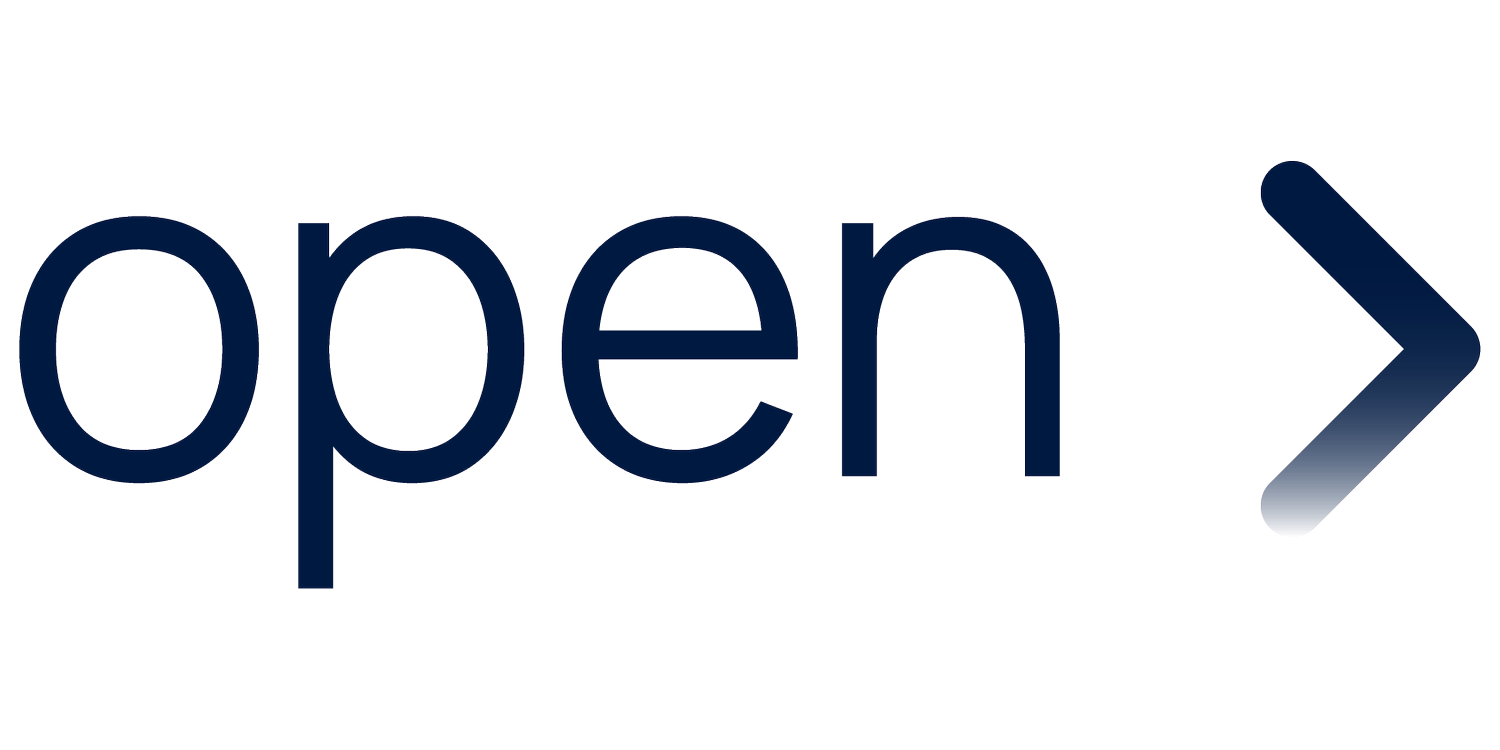Let’s talk about you, me, and the change we see
At our recent Friends of Open › Berlin Autumn event, Scott Renneberg, Josefine Botha, and Kristina Palitzsch Malther took to the stage to delve into the incredible change we're seeing in internal communication, employer branding, and HR. From changes in ways of working, changes in technology, and the whole Al debate to changes in our workforces, it was insightful to hear perspectives from Fortune 500, scaleup, and consultancy perspectives.
Our panellists:
Josefine Botha, Senior Director, People Experience at Vinted
Scott Renneberg — Communications Senior Manager - Global at Accenture
Kristina Palitzsch Malther, Chief People and Consulting Officer at Open Communication Group
Our energetic discussion included great insights and questions from our fellow Berlin communicators.
The conversation was broad-ranging and covered three key areas. Here are our three key takeaways.
New ways of working
Jo talked about the tension between people wanting flexibility and connectivity. Her workplace has focused on many employee benefits, such as a great office, staff cafeteria, on-site facilities for children when a parent needs to bring them to work, and working-from-home flexibility.
Coming from a Fortune 500 company, Scott said his company has had a flexible approach to working from home, even ten years ago. As a global company, they realised very early that office space in hubs such as London is expensive, especially when consultants are always on the road with clients. He said there wasn’t a significant change post-Covid as people had been choosing when they came to the office anyway.
“Flexibility is being offered because it is the topic,” Scott said. “The extension of this discussion now needs to be able to connect the dots to a person’s ability to affect a higher purpose in your work. For example, if you want to create a sustainable future for people or help people access clean water in different countries.”
“That's where the messaging is going from a communications point of view. It's not talking about flexibility. It's talking about your ability to impact a change because that's what people we are trying to recruit want these days. They expect flexibility, but they aspire to a greater purpose,” Scott explained.
Kris reminded us, “While grappling with how to do hybrid work, foster company culture, etc., let's still cherish how hybrid working allows for combining career and family (or other passions), fostering it in a way that wasn't possible five years ago. Let's cherish how hybrid working allows for combining career and family (or other passions), fostering it in a way that wasn't possible five years ago.”
AI in internal communication
Kris said, “I can see exciting times ahead - with our main focus being on how to drive positive adoption of AI tools among employees, finding ways to experiment safely, and seeing the benefits for all.”
One of our guests shared that their scaleup had 300 staff members experimenting with AI. Another shared that her organisation had AI coaching sessions for all staff and frequently ran hackathons to examine how AI could be implemented in products.
Jo shared that people at her organisation were at different points in adoption and comfort. Scott said there was a global interest, and he looked forward to AI helping us communicate with people and be able to focus on the more strategic work.
We also discussed related issues that organisations would be facing. Kris pointed out, “The problem is the quality of the data and the organisation of that data.”
Read organisations for more discussion on Microsoft’s Copilot release on 1 November 2023.
Generations in the workplace
From working with numerous global companies over the years, Kris noted, "We now have a wonderfully complex landscape to communicate in and see generational differences in preferences around channels, tone of voice, frequency, etc. These differences are also reflected in the entire attitude to work.”
Ten years ago, when Scott started at his company, he said his job was mainly writing good, engaging copy to be sent from senior people. “Now we have a much more diverse workforce, generational and, you know, from backgrounds as Gen Z”, Scott said, “Gen. X and baby boomers used to dictate how we communicate. Now it's flipped. It's Gen. Z because they want to feel part of the conversation and don't want one-way communication. So, we're using a lot of engagement and games now, and we've moved away from e-mail. And taking e-mail away from people, especially the older generation, is hard.”
“But that's the generational shift. We’re going into less e-mail, more collaborative things, which I don't think is anything new to anybody, but we also need to entwine it with culture building,” Scott said.
Jo talked about how cultural differences in a global company can be challenging, as what is acceptable in some cultures and with some generations is not in others. Everyone agreed that technology would help the language divide in the future.
Want to see best practices?
If you'd like inspiration for your internal communication, contact us to set up a time, and we can take you through some best practice examples and give you ideas of where you can start—everything from employer brand and culture communication to technology adoption and safety communication. We'd love to inspire you to sign up for our next Friends of Open > Berlin! We’re looking at Thursday, 24 January 2024, after work.

